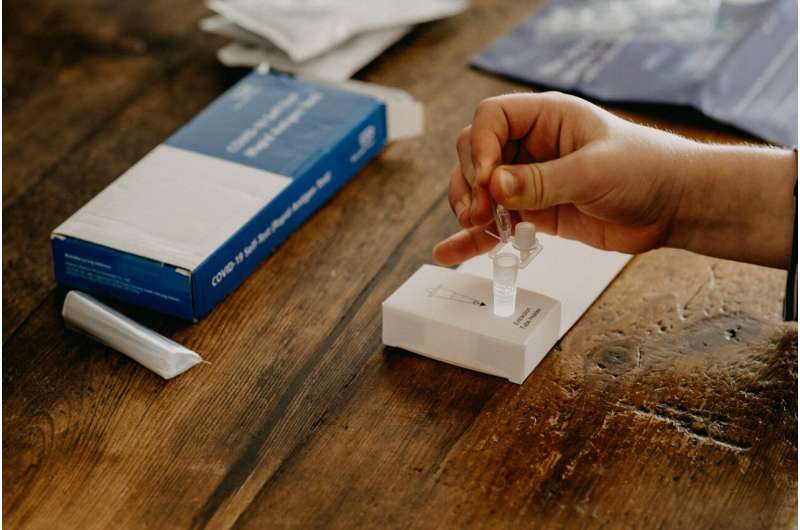Understanding the Increased Risks in Donor-Egg Pregnancies

Donor-egg pregnancies may pose higher risks of complications like pre-eclampsia and preterm birth. Learn about the potential health concerns associated with donor eggs and pregnancy outcomes.
Recent research highlights that pregnancies achieved using donor eggs may carry a higher risk of certain serious obstetric complications compared to natural conception or own-egg IVF. While donor-egg IVF is increasingly common and offers hope for women unable to conceive using their own eggs, emerging evidence suggests that these pregnancies are associated with elevated rates of conditions like pre-eclampsia, gestational diabetes, preterm birth, and babies born small for gestational age.
The main scenarios of donor-egg pregnancies include women with infertility who have a functioning uterus and opt for donor eggs, gestational surrogacy where a surrogate carries a donor egg, and reciprocal IVF in same-sex female couples, where one partner donates an egg to the other. Despite the growing popularity of these options, women are often not fully informed about the potential health risks involved.
Comparative studies indicate that donor-egg pregnancies tend to have higher incidences of hypertensive disorders and preterm births than pregnancies using a woman's own eggs. For instance, research reviews show that pre-eclampsia occurs in approximately 11.2% of donor-egg IVF pregnancies, significantly higher than in own-egg IVF.
Gestational surrogacy with donor eggs has also been associated with increased risks, such as hypertensive disorders and gestational diabetes, though it remains a preferred choice due to legal, ethical, and practical considerations. Limited data on reciprocal IVF suggest potential increased risks as well, but more research is needed.
While these pregnancies can be successful, healthcare providers and patients should be aware of the heightened risks. Proper counseling and comprehensive risk assessment are essential for women considering donor-egg options. Ensuring women have full, unbiased information allows them to make informed decisions about their reproductive choices and prepare for potential complications.
Source: [https://medicalxpress.com/news/2025-07-donor-egg-pregnancies-higher-complications.html]
Stay Updated with Mia's Feed
Get the latest health & wellness insights delivered straight to your inbox.
Related Articles
Innovative Cell Therapy Offers Hope in Treating Aggressive Childhood Rhabdoid Tumors
A groundbreaking case study demonstrates how personalized immunotherapy, guided by advanced genomic techniques, can effectively treat aggressive childhood rhabdoid tumors, offering new hope for young patients.
Immune Cell Signatures Drive Organ Damage in Systemic Sclerosis
Scientists from Osaka have identified immune cell signatures that are associated with severe organ damage in systemic sclerosis, paving the way for targeted therapies and early diagnosis.



